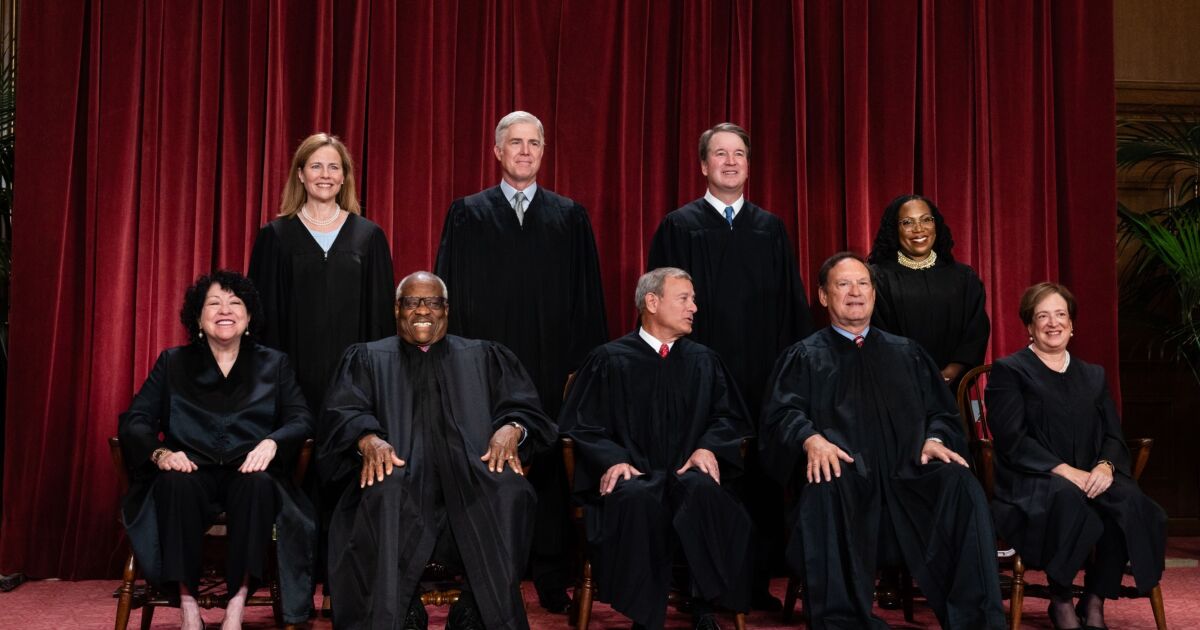
The Supreme Court is set to hear another challenge to the constitutionality of the Consumer Financial Protection Bureau, the watchdog agency envisioned by Sen. Elizabeth Warren after the 2008 financial crisis.
The high court will hear oral arguments on Oct. 3 on a topic central to the Constitution's separation of powers and one the court has typically avoided addressing: Should there be any parameters placed around Congress' authority over the government's pursestrings?
Congress created the CFPB through the 2010 Dodd-Frank Act and specified that the CFPB's director request money from the Federal Reserve Board, subject to specific limitations, to fund the bureau's operations. Last year, the CFPB received $642 million in funding.
The case, CFPB v. Community Financial Services Association of America, hinges on whether the bureau's funding outside the congressional appropriations process is constitutional. The court is poised to answer the question of whether the CFPB's payday lending rule should be vacated because its funding violates the Appropriations clause, clause, which says that "no money shall be drawn from the Treasury, but in consequence of appropriations made by law."
The case is being closely watched for its impact not only on the agency's own funding but also on the funding of other regulatory agencies. Because the Constitution gives Congress authority over the budget, many legal experts think the court's traditionalist justices will rule in favor of the CFPB — rather than double-guess Congress' power over the purse that could potentially open the door for challenges to the funding of other agencies.
While some industry experts want the Supreme Court to gut the CFPB entirely or undo all of the bureau's past actions and rules, legal briefs — including those from the payday lenders that sued the agency — do not support such a sweeping change, experts said. A ruling in the case is expected in April 2024.
In 2020, the Supreme Court ruled that the CFPB's leadership structure was unconstitutional, but the court stopped short of disbanding the agency. In a split 5-4 decision authored by Chief Justice John Roberts, the high court found that the agency's structure vested too much power in the hands of one person and that the president has broad authority to appoint and remove agency heads.
Here are five issues to watch for in the high court's oral arguments:



